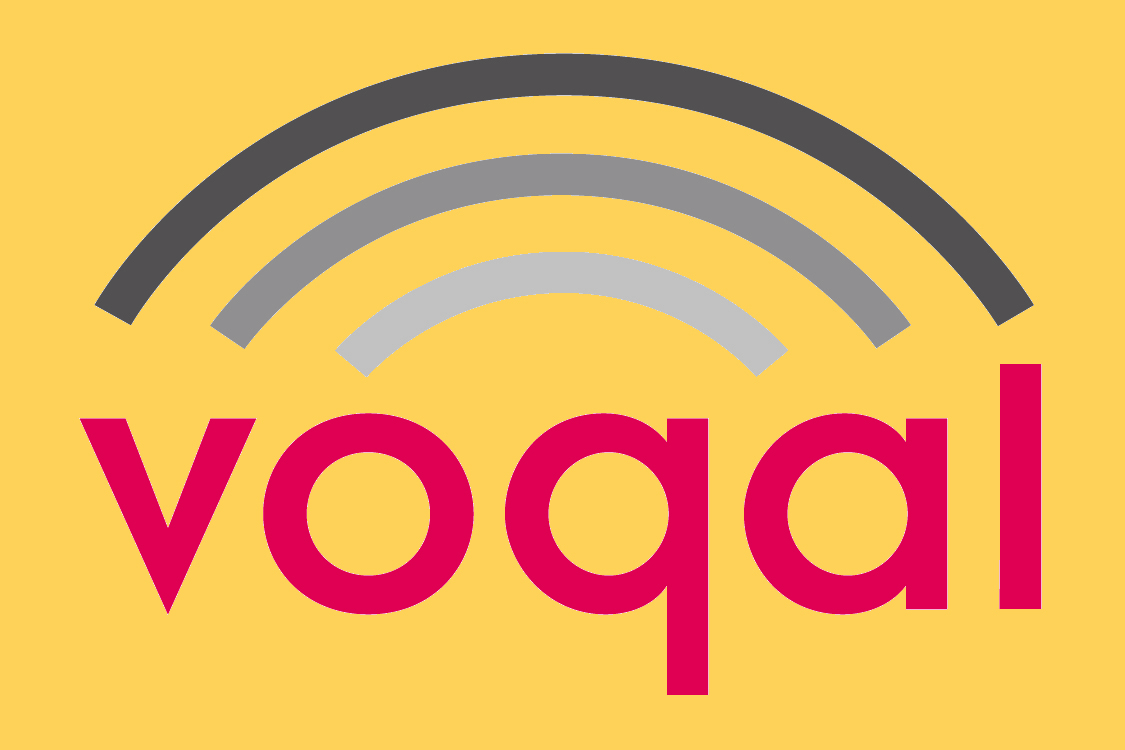When the state of Rhode Island took over the Providence Public School District in 2019, there was little reason to believe that outcomes for the struggling school district would meaningfully improve. In Detroit, student proficiency in both math and English dropped after the state took charge of the schools. Schools under state control in Memphis showed significantly less improvement than schools over which the city retained control. And in New Orleans, often touted as an example of a state takeover that worked, more than half of schools in the all-charter district earned D or F ratings in 2022.
The evidence that state takeovers don’t work keeps mounting. The most comprehensive study to date, published in 2021, found that, on average, state takeovers had no observable positive impact on student achievement. In fact, state takeovers are correlated with a drop in student ELA scores.
Nevertheless, in the wake of a damning report on the state of Providence schools by the Johns Hopkins Institute for Education Policy, the mayor, city council, school board, and district superintendent all endorsed the plan for Rhode Island to take control of the city’s schools. With no significant resistance, the district was put under the control of the state’s Department of Education. Nearly four years later, assessment of the takeover’s impact is, admittedly, complicated because of Covid-19’s disruptions. What we do know is that student scores on the state’s yearly assessment tests dropped in both ELA and math from 2019 to 2021. The president of the local teachers’ union has testified before the state legislature that teacher morale has “never been lower.” Meanwhile, hundreds of teachers have left the district.
In part, the takeover was hampered by stakeholders’ differing initial expectations. The Johns Hopkins report identified both teacher morale and the union’s collective bargaining agreement as major obstacles to school success. But these two challenges are in tension with each other. The mayor wanted the state to negotiate a radically different union contract. Teachers felt threatened by the attack on their contract and vilified by the implication that they were at fault for the district’s problems. Morale sank and the contract was not significantly altered.
There were also issues that the takeover did nothing to address. In addition to leaving teachers feeling under attack, the takeover did nothing to address the city’s crumbling school buildings. In a district where the chain of command was always overly complex, the takeover added yet another entity to report to.
None of these problems is a surprise. In a 2019 article for Forbes Magazine, education writer Peter Green identified five reasons school takeovers do not succeed: the wrong measure of failure, the wrong diagnosis, the wrong pool of expertise, the wrong motivation, and the wrong timetable. At least three of these are at work in Providence. First, an unclear diagnosis of what is wrong with the district led to unclear expectations for the takeover. Second, experts within the city and district were stripped of their authority and replaced by Department of Education personnel in a half-hearted effort to simplify the school’s authority structure.
Finally, the whole project was undermined by the wrong measure of failure. Yes, the Johns Hopkins report found that academic proficiency in Providence schools was tragically low. But unmentioned in any of the following discussions was another number in the report: a stunning 87.1% of students in the city’s schools are economically disadvantaged. That’s nearly twice the state average, more than 10% higher than in Newark, New Jersey, and more than 50% higher than in Worcester, MA, the two cities that the report identifies as comparable to Providence, and against which the report measures Providence’s performance.
If we are looking for the appropriate measure of failure, here it is. We can argue about whether and to what extent schools are failing. What is inarguable, and inexcusable, is the failure of social systems that continue to allow 21,000 school children to live in poverty.
Ultimately, the takeover hasn’t succeeded because of a broader and deeper failure of imagination on the part of city and state leaders. Before we wrest control of schools away from the community they serve, what if we looked at radically increasing support to that community instead? What if we provided students’ families with income support to reduce their economic distress? What if we invested fully in community schools that co-located holistic family services in their children’s schools? What if we committed to ensuring that not one student in our schools experienced homelessness? What would our “failing schools” be able to achieve then? We have no idea. We’ve never tried it. But, given the failure of state takeovers and other reform efforts, surely it is time to do so.
Hannah Kahn has a Masters in Social Work from the University of Chicago, where she completed the Leadership in Community Schools Program of Study. She lives in Rhode Island, where she worked for the City of Providence in Mayor Jorge Elorza’s Policy Office and as Chief Innovation Officer from 2019-2023. While there, she led the development and implementation of the City’s guaranteed income pilot. She is currently a Senior Policy Analyst for Mothers’ Outreach Network in Washington, DC. Her views are her own.


